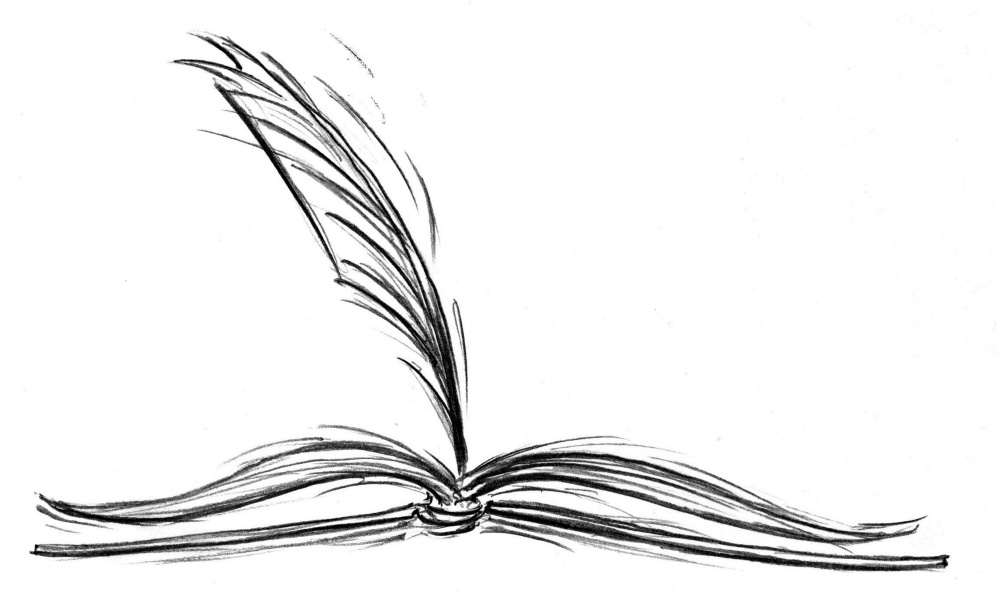Newly released poetry collection, ‘The Medicine Man,’ authored by Sharif Elmusa, delves into the complexities of human experience and identity. Edited and introduced by Megan Grumbling, the collection showcases Elmusa’s unique voice and perspective, offering readers a thoughtful reflection on themes of healing, culture, and resilience.
The collection, published under the Deep Water imprint, features poems that draw from Elmusa’s rich background and experiences. Elmusa, a poet with roots in Palestine and a long history in academia, weaves narratives that resonate with both personal and universal struggles. His poems invite readers to explore the intersections of identity, memory, and the healing power of language.
Exploring Themes of Identity and Healing
Elmusa’s work is marked by vivid imagery and poignant language. Each poem serves as a vessel for exploring complex emotions, often reflecting on the challenges faced by individuals in a rapidly changing world. For instance, the poem “Medicine Man” encapsulates the idea of healing not just as a physical process but as a profound emotional and cultural journey.
In her introduction, Grumbling emphasizes the importance of Elmusa’s voice in contemporary poetry. She notes the balance he strikes between personal narrative and broader societal issues, making his work accessible and relevant to a wide audience. Grumbling’s insights provide valuable context for readers unfamiliar with Elmusa’s background, enhancing the overall reading experience.
The collection encourages readers to reflect on their own lives and experiences through the lens of Elmusa’s poetry. His ability to articulate the nuances of human emotion allows for a deeper understanding of the shared human experience, fostering empathy and connection among diverse audiences.
A Celebration of Cultural Heritage
‘The Medicine Man’ also highlights the significance of cultural heritage in shaping identity. Elmusa’s Palestinian roots are interwoven throughout the collection, offering a glimpse into the richness of his background. By integrating elements of his culture, he invites readers to appreciate the diversity of experiences that contribute to the human condition.
The publication of this collection is timely, as it coincides with a growing interest in poetry as a means of exploring and expressing complex emotions. Elmusa’s work stands out in this context, not only for its literary merit but also for its ability to resonate with readers from various backgrounds.
As poetry continues to gain traction in both literary circles and popular culture, Elmusa’s ‘The Medicine Man’ serves as a powerful reminder of the art form’s capacity to heal and connect. The collection is now available for purchase, offering readers an opportunity to immerse themselves in Elmusa’s profound reflections on life and identity.
